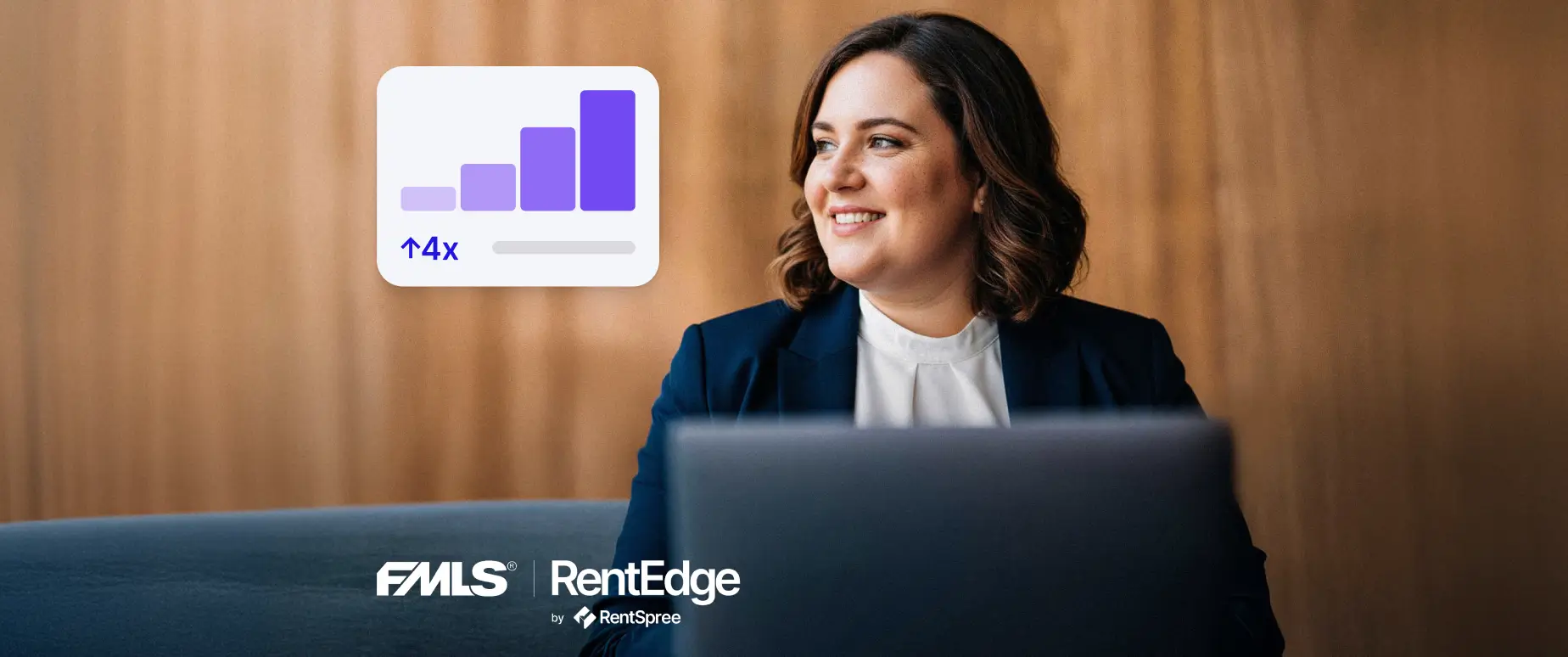As part of your screening process, you’ll need a sense of your applicant’s rental background, including any evictions on their record. But what do you do if the eviction is not showing up on court records? We’ll guide you through the evaluation process for your applicant’s rental background check, tell you more about the eviction process, and help you decide whether their past challenges constitute a deal-breaking barrier to approval.
Every landlord dreams of the perfect resident – the one who pays rent on time, respects the terms of their lease, and takes great care of your property. While these tenants do exist, you'll inevitably run into problem tenants at some point.
Tenant screening services are designed to filter out difficult tenants. It’s important to do as much spadework upfront to ensure you entrust your property to a qualified tenant. These are the tenants who have a proven track record of financial responsibility and rule-abiding behavior.
An eviction process is inevitable as a landlord. One of the key things to look out for when evaluating a potential tenant is their eviction history. Otherwise, you might end up having a stressful lease period chasing up rent money.
Why Doing an Eviction Search is Important
An eviction is one of the biggest red flags that can show up on a background check. They occur in the most serious cases of property damage or delinquency and indicate that the person could quickly become a problem once they've moved into your property.
The most common reason for having to start an eviction process is failure to pay rent. Even though it's a less common occurrence, landlords can evict a resident for other lease agreements such as destroying rental property or, worse, conducting criminal activity on the premises.
Evictions are typically a measure of last resort. It’s the one thing all landlords dread. The expense of evicting a troublesome tenant can end up costing you thousands of dollars. Often, an eviction will require filing a court action against the tenant, hiring an attorney, and cleaning up after the tenant. Not to mention all the months of unpaid rent.
The eviction process is both expensive and time-consuming. Ideally, all landlords try to resolve the problem before sending out an eviction notice because of the substantial financial implications. Simply put, if a potential resident has a history of eviction, you should proceed with caution. You'll have to consider their profile more carefully; otherwise, you'll be putting your business at risk.
Do Evictions Show Up On Criminal History Report?
Evictions are added to public records when they are filed with the court system. However, eviction process reporting can be quite confusing.
Do evictions show up on a background check? In almost every case, the answer is no. Evictions are typically civil matters, and unless they were associated with a misdemeanor or criminal behavior, they won't show up on a criminal background check.
Also, while it’s possible to see past convictions on a criminal history report, you won’t be able to see the evictions. Screening services that specifically check criminal background data will omit evictions. However, evictions will appear on a credit check as they are financial matters, especially if enforced through civil judgment.
Then again, credit reports are not a catch-all for evictions. Some landlords don’t seek restitution for rent owed. They simply file an eviction notice to regain possession of their property. In such a case, the eviction won’t show up on a credit report. And this is where SmartMove excels as the company runs checks on eviction filings rather than just judgments.
A SmartMove eviction report provides an in-depth view of a prospective tenant's eviction history. It includes information on failure to pay rent, tenant judgments for rent, filings for possession, and unlawful possession.
Addressing a Previous Eviction Process
Evictions stay on record for up to seven years. Yes, evictions are a red flag. But that's a long time, and a lot can change within that time frame. It's important to get the story from the tenant and have them explain their situation. Chances are they'll be willing to explain. Possibly the eviction was a result of temporary circumstances such as a job loss, for instance.
If their explanation does not appease your fears, perhaps you should have them co-sign their lease with someone they trust. A co-signer is a person designated to make rental payments on their behalf should they default. They add their name to the lease agreement and give you more options should something go wrong.
Of course, you’ll have to run another financial and criminal background check on the co-signer. But, it can assuage the risk of having them as a tenant. Think of it this way: a co-signer is like insurance, especially when considering an applicant who doesn't quite meet your rental criteria. Co-signers legally guarantee the other party’s lease agreement making them just as responsible for all the financial obligations.
Other options include having them pay a substantial security deposit or pay several months of rent in advance before moving in. Rather than simply denying an applicant with an eviction history, you can use these options to mitigate your risk.
Choose Your Residents Carefully
People tend to have patterns of behavior. An eviction process should only occur when a tenant refuses to leave the property, even after legal notification. If they've been evicted once before, they might end up in the same situation. And if they've been evicted multiple times? Well, that should be cause for alarm.
Screen and lease with confidence
Find qualified tenants faster than ever with results you can trust.


Related posts
Want to make rentals easier to manage?
Save time on marketing, screening, and payments. Join over 2 million agents, landlords, and renters using RentSpree.





.jpg)

